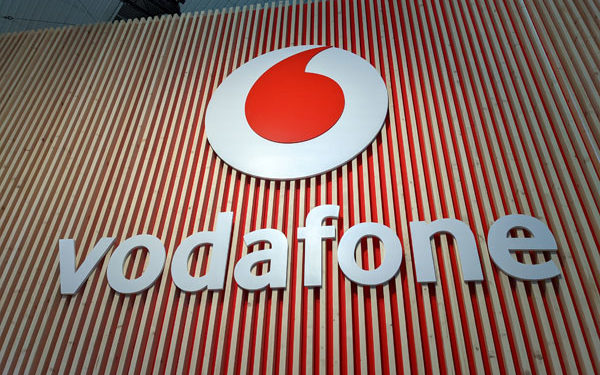Supreme Court overturns $16m judgment in land dispute between Vodafone Ghana and Chief Ogyeedom Obranu Kwasi Atta IV
In a significant development, the Supreme Court of Ghana has upheld an appeal by Ghana Telecommunications Company, commonly known as Vodafone Ghana, against a $16 million judgment in a longstanding land dispute with Ogyeedom Obranu Kwasi Atta IV, the Chief of Gomoa Afransie. The judgment, originally delivered by the Swedru High Court in 2017, had awarded the Chief and his family damages in excess of $16 million. However, the recent ruling by the Supreme Court sets aside the previous judgment and all consequential orders, providing a fresh perspective on the case.
The dispute revolves around a parcel of land in Gomoa Afransie, where Ghana Telecom had constructed a microwave station in the 1970s. In 2015, Ogyeedom Obranu Kwasi Atta IV filed a lawsuit against Ghana Telecom and the Lands Commission on behalf of the Twidan Family of Afransie, seeking a declaration of title to the land, recovery of possession, and special damages for trespassing and unlawful occupation. The initial judgment by the Swedru High Court in 2017 ruled in favor of the Chief and awarded damages amounting to over $16 million. The Court of Appeal in Cape Coast later affirmed the High Court judgment in 2020, doubling the amount of costs originally awarded against Ghana Telecom.
However, the Supreme Court’s intervention marked a turning point in the case. In an uncommon move, the court allowed both Ghana Telecom and the Chief to present new evidence related to the dispute. Ghana Telecom’s evidence highlighted that the land had been compulsorily acquired in 1969, and payments had been made to the Chief’s predecessor. On the other hand, the Chief called two expert witnesses who claimed to have examined the late Chief’s signatures and concluded that he was not the person who signed the documents or received compensation for the land’s acquisition.
The case took an unexpected twist when the Chief filed a petition with the General Legal Council in March 2021, alleging that he had paid $100,000 to his former lawyer as bribe money to influence the Supreme Court’s judgment. The lawyer vehemently denied the accusation, adding another layer of complexity to the already contentious proceedings.
After carefully considering the evidence presented by both parties, the Supreme Court set aside the previous judgments and awarded costs totaling GH¢100,000 to Ghana Telecom. It is worth noting that Ghana Telecom’s legal team had requested costs amounting to GH¢500,000. The panel of judges presiding over the case included acting Chief Justice Dotse, along with Justices Kotey, Owusu, Mensa-Bonsu, and Kulendi.
The Supreme Court’s decision has far-reaching implications for the parties involved and sheds new light on the complex nature of the land dispute. As the case continues to unfold, legal experts and stakeholders will closely monitor the proceedings and their implications for Ghana’s legal framework. The outcome of this significant dispute serves as a reminder of the importance of due process, fair representation, and the role of the judiciary in resolving complex legal matters.








